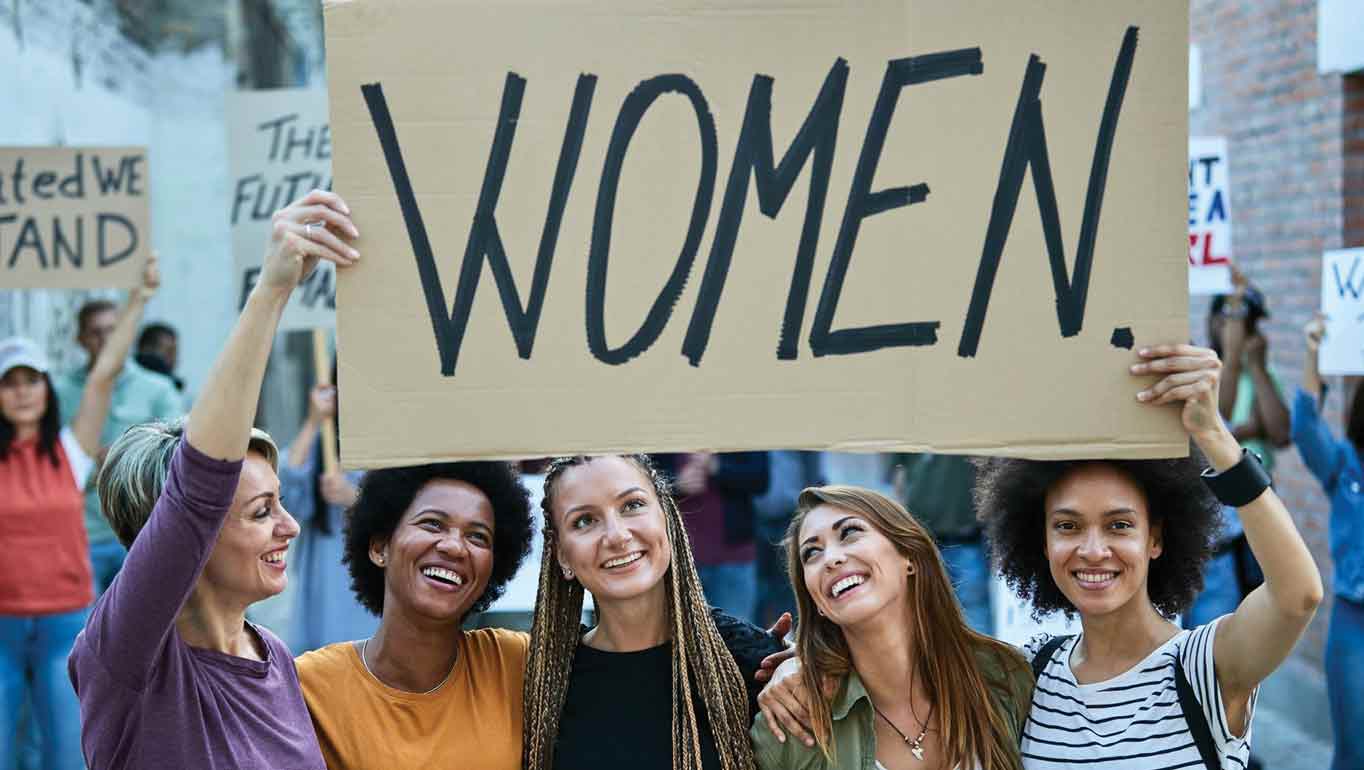At a local level, mayors play a crucial role as leaders in shaping the urban landscape, implementing sustainable policies, and promoting community engagement. Historically, mayoral positions have been predominantly occupied by men, reflecting the broader gender disparities seen in leadership roles worldwide. Despite women comprising more than half of the global population, United Cities and Local Governments (UCLG) estimates that their representation in city mayoral positions stands at a mere 5%.
As the 2011 UN General Assembly resolution on women’s political participation highlights, “Women all around the world continue to be largely marginalized from the political sphere, often as a result of discriminatory laws, practices, attitudes and gender stereotypes, low levels of education, lack of access to health care and the disproportionate effect of poverty on women”.
The event, ‘Woman and Mayor: A Gender Perspective on Challenges and Visions for Cities’, organized by UNECE and the Permanent Mission of Italy within the 2023 Forum of Mayors, aimed to shed light on the underrepresented perspectives of women in city leadership roles.
Through a roundtable discussion, female city leaders from Dublin (Ireland), Glasgow (United Kingdom), Helsinki (Finland), Podgorica (Montenegro), Skopje (North Macedonia), and Veszprém (Hungary) explored the ways in which gender-balanced leadership promotes inclusivity, and contributes to more effective urban management, leading to safer, more accessible and sustainable cities. This article sums up the main messages they have shared during the forum, to outline challenges faced by women leaders and how they are shaping the future.
The primary factors contributing to the underrepresentation of women in city leadership positions
“I think there is something around, really, the labels of an ingrained misogyny and sexism in society which really emerge and come to the fore when a woman puts her head above the parapet and becomes a public figure”. Ms. Susan Aitken, Councillor and City Leader of Glasgow City Council, UK
City leaders highlighted how societal perceptions of women shape their roles within communities, often stereotyping them as caregivers, hindering their access to leadership positions. A research study conducted in Ireland, which initially identified five fundamental factors (later expanded to six), sheds light on the obstacles hindering women’s participation in politics.
These factors, as also discussed by the city leaders, encompass:
• Childcare: Establishing universal public childcare services is essential to empower women to engage in political activities independently of their family responsibilities.
• Cash: Elections entail significant costs, and many women face financial constraints that hinder their participation.
• Confidence: Cultural pressures often erode women’s self-assurance. Women leaders must actively support and encourage other women and girls to assert themselves.
• Culture: Stereotypes and biases within societies and political culture perpetuate obstacles for women in politics.
• Candidate selection: It is vital to assess whether the best candidate is chosen or if traditional male candidates are perpetually favored.
• Cyberbullying: In the era of social media, women encounter amplified challenges, facing disproportionate criticism and hate speech.
How to ensure the representation of women and gender minorities of all ages and abilities
“If you can’t see it, it’s hard to be it.” Ms. Alison Gilliland, Councillor & Former Lord Mayor, Dublin, Ireland
City leaders emphasized the need for women and gender minorities to identify with the voices they see in public discourse. It was highlighted that women are already community leaders, but very often fail to recognize this fact themselves. Creating pathways to enter politics and serving as role models as women leaders is essential to ensure girls and women are represented.
Steps female leaders are taking to address most significant gender inequality challenges in cities
In cities across the globe, female leaders are addressing the following key issues:
• Domestic violence: Female leaders are actively supporting organizations that focus on combating domestic violence to provide crucial assistance to survivors and create a safer environment for all residents.
• Historical exclusion in urban planning and not only: To rectify the long-standing exclusion of women in urban planning and city administrations, women leaders employ participatory and community approaches. They also use positive discrimination measures to encourage greater female involvement in different domains.
• Balancing caregiving and careers: Women leaders recognize the need for policies that address the complex challenges faced by women who must juggle caregiving responsibilities with their careers. They advocate for the creation of appropriate childcare services and the development of social welfare policies to ease this burden.
• Safe public transportation and spaces: Ensuring the safety of public transportation and public areas is another priority for women leaders. Their initiatives seek to create environments where women and all citizens can access safe and adequate public transport and spaces.
• Social support programs for women in leadership: female leaders are instrumental in implementing social support programs designed to assist women in leadership roles. These initiatives aim to promote and sustain women’s advancement in various fields, from politics to business.


